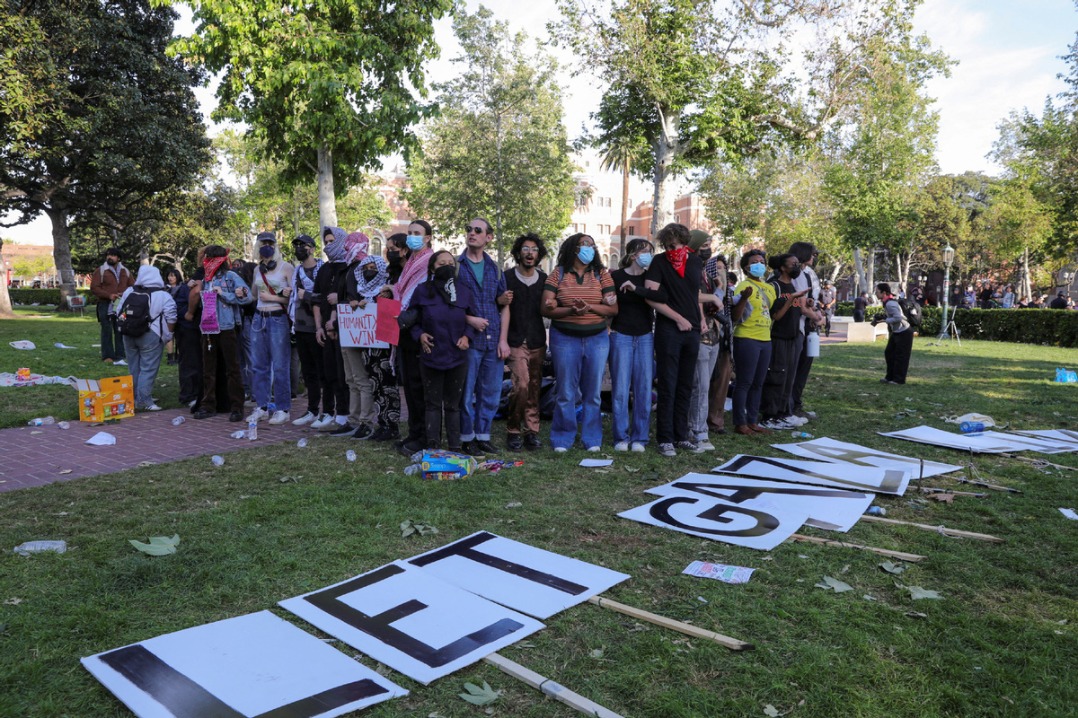Kashmir situation warrants concern: China Daily editorial
China Daily | Updated: 2019-08-18 18:39

The closed-door United Nations Security Council meeting on Friday, convened at the request of Pakistan on the situation in the disputed Kashmir, the first since 1965, ended without even an informal statement, prompting the Indian media to boast of India "thwarting lobbying by China, Pakistan".
While New Delhi may see, and frame, it that way, the latest conflict it has provoked with Islamabad, will not end up as the kind of net gain it assumes.
The ambitious administration of reelected Prime Minister Narendra Modi was swift in changing the status of Kashmir under India's domestic laws, insisting it was a "purely internal affair", but no change in Indian law changes the legal status of Kashmir as a disputed territory, over which Pakistan also claims sovereignty in its entirety. Besides escalating tensions not only with an estranged neighbor, and very possibly at home, it should also spark concern among the international community.
The demographic changes New Delhi reportedly seeks through the move may or may not serve its agenda well. But the unilateral change to the status quo has already conspicuously upgraded tensions with Pakistan.
Indian and Pakistani troops exchanged "heavy" fire last week across the line of control dividing the India- and Pakistan-controlled parts of Kashmir, during which several people were killed.
As the latest UN Security Council meeting demonstrated, it is nearly impossible for the institution charged with preserving global peace to produce anything substantial regarding a controversial subject like this. At the end of the day, it has to be straightened out by Islamabad and New Delhi.
In the Simla Agreement of 1972, both countries promised to settle the final status of Jammu and Kashmir by "peaceful means".
There is no way out of the current impasse unless both parties exercise restraint, and return to the negotiating table. The only viable option is indeed constructive bilateral engagement.
Their present priority is to make sure the situation does not further escalate, and get out of control.
Indian Defence Minister Rajnath Singh's recent remarks about a possible change to his country's principle of "no first use" of nuclear weapons is worrying in that doing it may trigger a dangerous and exhausting nuclear arms race between the two neighbors. Which will inevitably threaten regional security.
Kashmir has ignited two major wars between the two nuclear-armed arch-rivals. It should not be allowed to cause another one.
New Delhi is apparently annoyed by outsider concerns about what it did. But the international community must not remain silent as the dangerous standoff may have broader consequences for the region, and beyond.
























